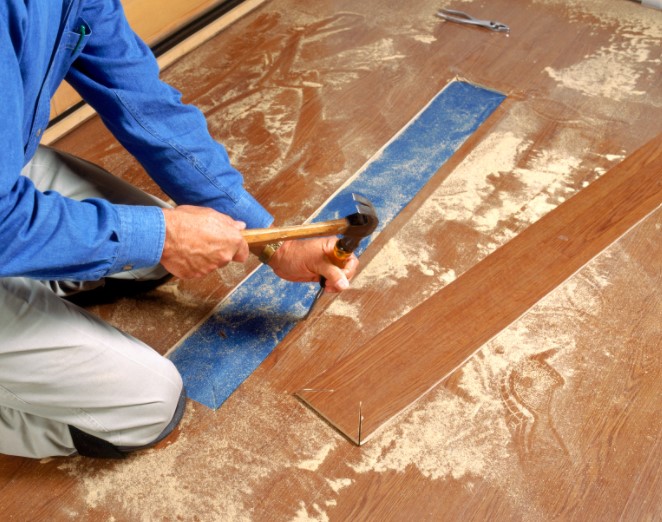
The condition of your walls and flooring determine the look and appeal of your structure. If there are cracks and holes on your surfaces, these can cause damage to the concrete foundation, hence the need for repairs. Still, they can pose trip hazards and lead to injuries to your loved ones. The best way to resolve the issue is to undertake repairs, and you need proper equipment for the job.
Here are handy concrete repair tools:
1. Concrete repair mortar
Concrete repairs and resurfacing are common in any repair project. Whether you want to mend sections of your wall or flooring, a repair mortar will come in handy. Its main job is to restore the original function of the damaged concrete. It will help in fixing concrete defects; improve the appearance and structural integrity.
There are different types of concrete repair mortars, these include;
- Epoxy mortar
- Portland cement mortar
- Polymer modified cement mortar
The Epoxy mortar is widely used and is made of Epoxy resin, hardener, and sand. The device is designed for use on cracked or eroded concrete flooring and will add new strength to damaged concrete and offer long-lasting repair.
It’s strong and acts as a barrier against tear and wear. Also, it’s a moisture barrier, and you can apply it in pretty thin lines. You can read more about this mortar from the Promain Paint company website. The firm is a renowned supplier of concrete repair Epoxy mortars in the UK.
2. Hammer
A hammer helps remove or chip plasters and unwanted concrete pieces during repairs. There are different types of hammers, these include claw and dry hammers, and all are handy. Drywall hammers feature curved faces and hatchet-style ends, these help dimple high spots are useful in plastering jobs.
3. Handsaw
A handsaw can cut through different materials, including wood, plastic, metal, and drywall. It’s widely used during floor and wall repairs and plastering. A sharp handsaw can help slice strips of wood or metal on your walls, which serves as groundwork for the plaster. It’s also handy in cutting sections of your surfaces during door installations.
4. Spackle knives
Spackle knives play a critical role in repair jobs. You can use it when plastering or repairing small holes and dents on your walls and flooring. It’s advisable to run a spackle knife across uneven surfaces before repairs. This way, you get rid of chips and knock down any high points on the surface. If plastering your walls, do this before plastering to ensure a smoother and flawless finish.
5. Step ladder
Most people often incur injuries while stepping on stools and chairs. As you undertake wall repairs, you may need to step on a ladder, and a safety step ladder will come in handy. It will offer the desired stability and support and avoid falls and injuries.
Choose one with a safe grounding and a non-skid surface. There are different ladder styles, and you can always get one for your needs. These include;
- Single pole ladder
- Extension ladders
- Dual purpose ladders
- Platform ladders.
Why undertake concrete repairs?
Concrete repairs are essential, and if left unchecked, they can result in significant damages to your home. Chemical processes like carbonation can damage your concrete structures, walls, and flooring. Cracks and holes can lead to major structural issues if neglected. Therefore, examine your property often, and undertake minor repairs before they turn out to be disastrous.
A quick wrap up
You need the right tools and equipment to undertake floor and wall repairs in the home. You can acquire the aforementioned devices from most leading supplies online, but it’s best to go for quality. Therefore, examine each tool before making purchases, and engage professionals in the repair job.




